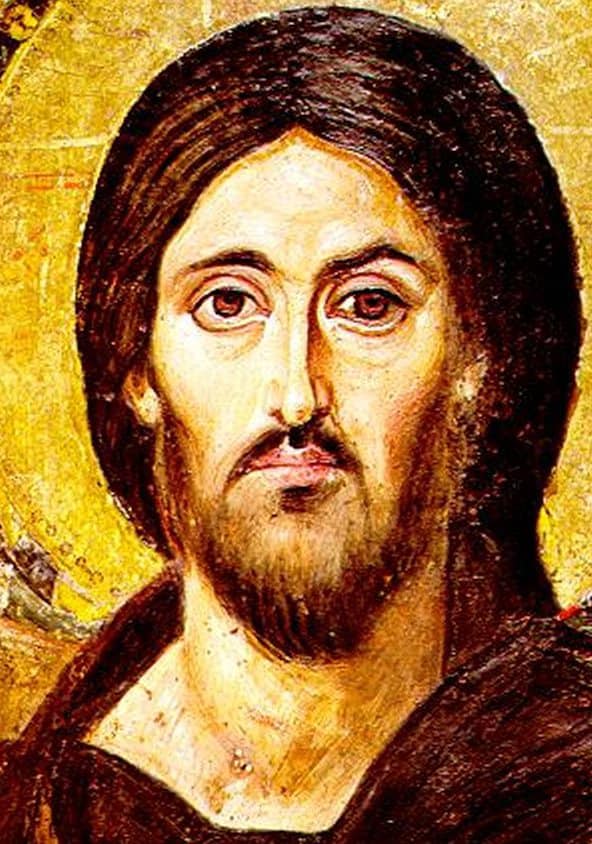 Gospel of 25 September 2020
Gospel of 25 September 2020
Friday of the Twenty-Fifth Week in Ordinary Time
Luke 9:18-22
'You are the Christ of God'
One day when Jesus was praying alone in the presence of his disciples he put this question to them, ‘Who do the crowds say I am?’ And they answered, ‘John the Baptist; others Elijah; and others say one of the ancient prophets come back to life.’ ‘But you,’ he said ‘who do you say I am?’ It was Peter who spoke up. ‘The Christ of God’ he said. But he gave them strict orders not to tell anyone anything about this.
‘The Son of Man’ he said ‘is destined to suffer grievously, to be rejected by the elders and chief priests and scribes and to be put to death, and to be raised up on the third day.’
Reflexion
What is Jesus’ surname? A child may quip, “Christ.” Unfortunately many adult Christians may naively give the same answer too.
But the truth is that “Christ” is a title, rather than a name. “Christos” is the Greek word for Messiah, which in Hebrew originally meant “anointed one.” In the Old Testament, the term “anointed one” refers to a person designated to fulfil a divinely appointed role. So, for example, the chief priest was sometimes described as the “anointed one” because of his special role. The majority of the uses of this title in the Old Testament, however, refer to the king of Israel. David stood as the model of the anointed king.
At the time of Jesus, the people of Israel no longer had their own king. They were under the rule of the Romans. Nevertheless, some Jews looked for the day when God would reestablish the kingdom of Israel with its own Davidic king who would throw off foreign domination. This coming figure was given the title of Messiah (or Christ). Because the title of Messiah was linked with the anointed king, the promised Messiah was expected to have power, glory, victory, and majesty. This Messiah would overcome the enemies of God’s people, not be overcomed by them. So, when Peter answered our Lord’s question about who he thought Jesus was, he was most likely thinking of this image of “the Christ of God”, a religious-political liberator who will restore Israel’s glory and sovereignty.
For the people looking for this kind of Messiah, what our Lord predicts about His own fate must have been shocking, to say the least. The image of the Christ is one of victory and glory, one could never imagine that He would end up suffering grievously, be rejected by the religious establishment or even put to death.
But this precisely is the kind of Christ or Messiah which Jesus was. Up to this point, no human characters in the story have figured that Jesus is the Messiah. Ironically, the demons regularly recognise Jesus as God’s Anointed One, while His own disciples appear rather clueless. Peter’s exclamation that Jesus is “the Christ of God,” is a definite game-changer. But it isn’t enough. That’s why our Lord proceeds to clarify that title and link it to His passion.
No one rightly understands Jesus as the Messiah until after the crucifixion. Thus His identity as the Messiah, His mission to give His life as ransom for many and His death on the cross cannot be separated. The cross must always be the hermeneutical key we use to understand why Jesus is the Christ. He’s not just a miracle worker, a great preacher or teacher, a social justice warrior or even a political liberator. He is the Saviour of the World, in fact of the universe, and He would accomplish this by His death and resurrection.
So, the next time, you refer to our Lord by this most august title, Jesus the Christ of God, remember what it really means. He did not meet the expectations of those who awaited a political Messiah. No, He exceeded their expectations. He came not only to save His race from a foreign oppressor but He came to save all mankind from sin. He did not come to restore Israel to glory, but He came to raise the members of the Church to the eternal glory of heaven. If we trust Him, we will not be disappointed.
